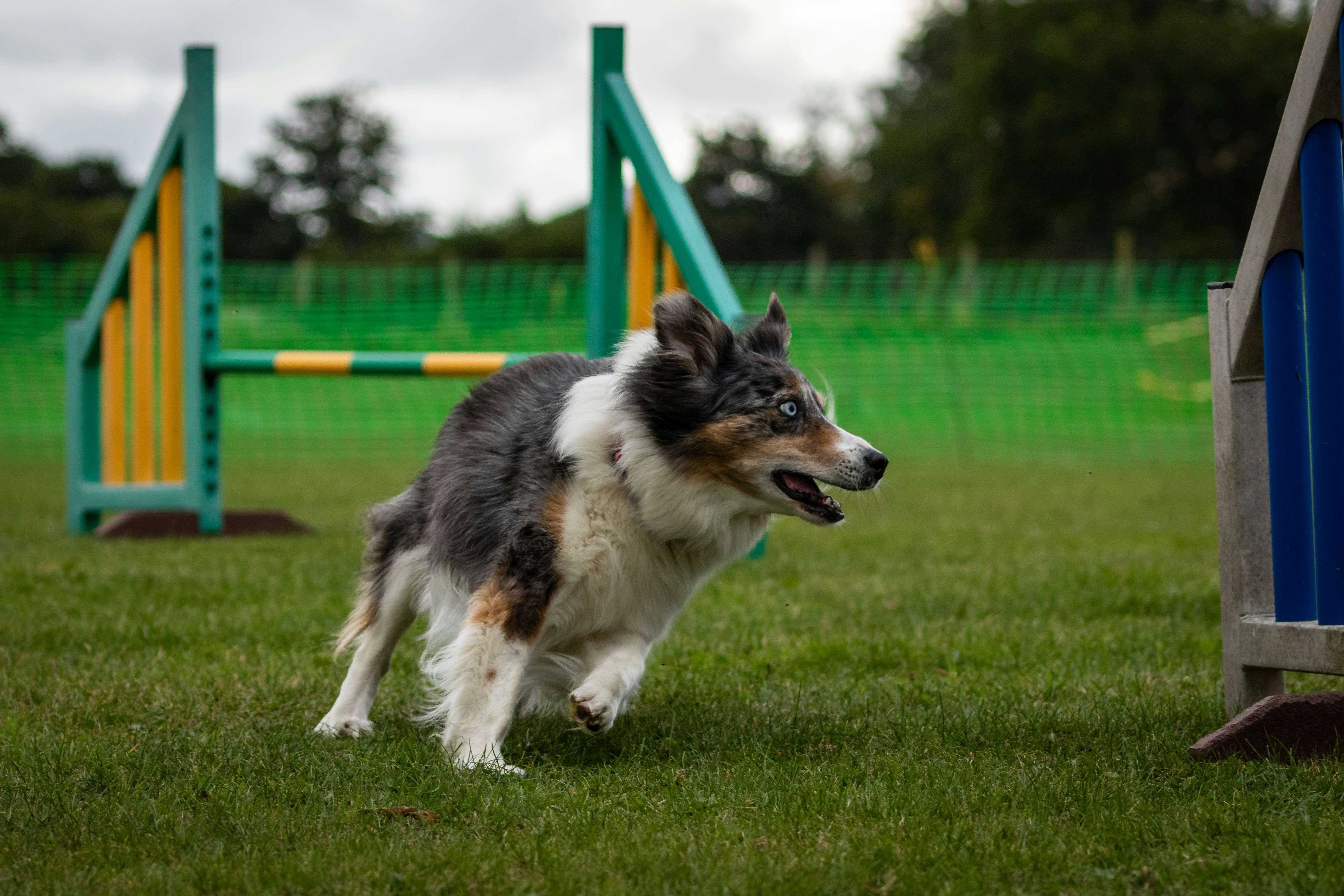Urban Paws: Understanding Dog Behaviourists in London

Strong 8k brings an ultra-HD IPTV experience to your living room and your pocket.
Introduction
London, with its constant activity and vibrant environment, offers both excitement and challenges for dog owners. Navigating crowded streets, noisy surroundings, and frequent interactions with other pets and people can sometimes overwhelm our canine companions. When these situations lead to unwanted behaviours, such as excessive barking, aggression, or anxiety, a dog behaviourist can offer valuable solutions.
In this guide, we’ll explore how working with a dog behaviourist in London can benefit your pet and help them thrive in the city’s bustling environment.
Part I: The Importance of a Dog Behaviourist in London
Chapter 1: When Does Your Dog Need a Behaviourist?
Dogs living in a metropolis like London experience a unique set of pressures. Whether it’s the overwhelming noise of traffic, the cramped living spaces, or the frequent encounters with strangers and other animals, the city can be a source of stress. In many cases, this stress manifests as behavioural issues that go beyond the scope of basic obedience training.
A dog behaviourist takes a more in-depth approach than a regular trainer, focusing on the psychological and emotional triggers behind behaviours like aggression, separation anxiety, or excessive barking. If your dog has difficulty adjusting to life in the city, working with a behaviourist can make a significant difference in their overall well-being.
Chapter 2: Urban Behavioural Challenges
Dogs in London face a variety of behavioural challenges that may require specialised attention. Some of the most common issues a behaviourist can help with include:
Aggression Toward Other Dogs or People – In crowded areas like parks or busy streets, some dogs may react aggressively to the close proximity of other animals or unfamiliar people. A behaviourist will assess the causes of this aggression and work on desensitising your dog to these situations.
Separation Anxiety – Many London dogs spend extended periods alone while their owners are at work, leading to separation anxiety. This anxiety can result in destructive behaviour, excessive barking, or even depression. A dog behaviourist will create a step-by-step plan to reduce your dog’s anxiety and help them feel more comfortable when left alone.
Noise Sensitivity – London’s constant noise, from sirens to construction, can trigger anxiety in dogs. A behaviourist will work with you and your dog to reduce sensitivity to these loud sounds, helping them stay calm in noisy environments.
Hyperactivity – With all the stimulation London offers, some dogs become restless and hyperactive. A behaviourist will help establish a routine that channels this energy into more productive, controlled behaviours.
Part II: How Dog Behaviourists in London Work
Chapter 3: Identifying the Causes of Problematic Behaviour
Before creating a behaviour modification plan, a dog behaviourist will conduct a thorough assessment of your dog’s daily routine, environment, and interactions. This process is essential in determining the underlying causes of unwanted behaviour. For example, a dog displaying aggression toward other dogs might be acting out of fear rather than dominance, and a behaviourist will focus on addressing that fear.
By identifying the triggers for your dog’s behaviour, a behaviourist can develop a tailored plan that addresses the root causes, ensuring that the behaviour changes are lasting and effective.
Chapter 4: Behaviour Modification Techniques for City Dogs
Dog behaviourists use various techniques to help modify unwanted behaviours in city environments. Some of these techniques include:
Desensitisation – One of the most effective methods for dogs living in a fast-paced city like London is gradual desensitisation. By slowly introducing your dog to their triggers (such as other dogs, loud noises, or crowded spaces), a behaviourist helps them build tolerance and reduce their sensitivity to these stimuli over time.
Clear Corrections and Positive Reinforcement – A balanced approach that includes both corrections and rewards is essential. For example, if your dog reacts aggressively toward another dog on a walk, a behaviourist will guide you on how to correct this behaviour while also reinforcing calm and positive interactions.
Establishing Routine – Dogs thrive on consistency, and a behaviourist will help you set up a structured routine that includes mental stimulation, physical exercise, and relaxation. A well-balanced daily schedule will help keep your dog focused and less likely to engage in unwanted behaviours due to overstimulation or boredom.
Part III: Choosing the Right Dog Behaviourist in London
Chapter 5: Finding the Best Behaviourist for Your Dog
Choosing the right behaviourist is crucial in ensuring that your dog’s needs are met and that you see lasting improvements in their behaviour. When looking for a dog behaviourist in London, consider the following:
Experience with Urban Dogs – Dogs living in cities face a unique set of challenges that may not apply to dogs in more rural or suburban settings. Make sure the behaviourist you choose has experience dealing with city-specific issues such as noise sensitivity, aggression in crowded spaces, or anxiety caused by frequent separation.
Tailored Solutions – No two dogs are the same, and a good behaviourist will take the time to develop a plan that is specific to your dog’s behavioural challenges. Avoid behaviourists who rely solely on one-size-fits-all techniques, as every dog responds differently.
Balanced Approach – The best dog behaviourists combine positive reinforcement with appropriate corrections. They should understand the importance of not only rewarding good behaviour but also addressing problematic behaviour in a way that your dog understands.
Chapter 6: Supplementing Behaviour Work with Online Resources
While working directly with a dog behaviourist is crucial, there are also online resources that can support your progress. Many behaviourists offer helpful video tutorials and tips that you can use to reinforce what you’ve learned.
Check out this YouTube video on behaviour modification techniques to support your work at home.
Conclusion
A dog behaviourist in London can be the key to resolving deeper behavioural issues that go beyond simple obedience training. Whether your dog struggles with anxiety, aggression, or socialisation, a behaviourist’s expertise can help you understand the root cause and provide the tools to address it effectively.
By combining corrections, rewards, and a tailored approach, you’ll be able to guide your dog through the challenges of urban living, ensuring they’re both well-behaved and happy in the city.
For a list of reputable dog behaviourists in London, visit this helpful resource: Click here to explore dog behaviourists in London.
Note: IndiBlogHub features both user-submitted and editorial content. We do not verify third-party contributions. Read our Disclaimer and Privacy Policyfor details.







